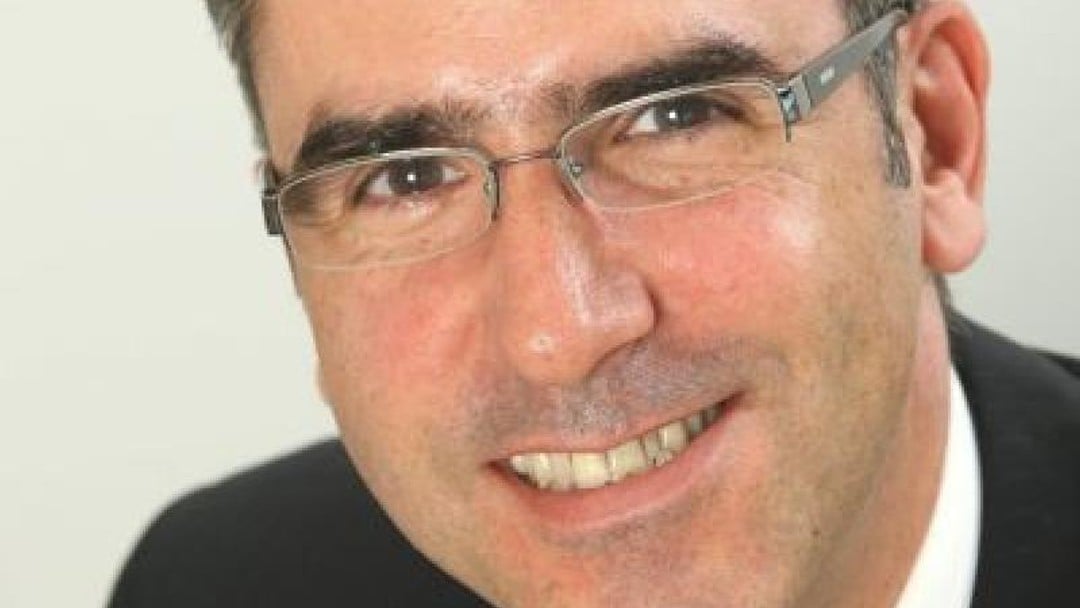Keeping finances on track

By Colin Lawson
If you look after the pennies, they'll make you pounds, says Colin Lawson, who reminds successful people to look after their personal finance as well as business revenues
When meeting prospective clients, I often find that their portfolios are suffering from serious neglect. In many cases, they are paying more tax and charges than necessary and achieving below-average returns despite taking above-average risk. This is surprising given that these individuals are generally intelligent, well informed and focused on getting results.
How have they managed to deliver fantastic financial performance in their professional lives but neglected the money they have accumulated in their own portfolios? I have some thoughts.
1. Too busy making money to manage money
With the pressure of modern life, it is easy to see why managing personal finances falls into the mañana mañana category of things to do. We know we should do something but it keeps getting put back. Eventually, we don't allocate sufficient time to do it properly.
All I ask is that clients commit eight hours a year to their finances, which equals one of their (approximately 225) working days. In return, they are likely to find this is the most profitable day of the year.
Let's imagine that client X earns £100,000 pa, equating to £444 gross income per working day, and has accumulated £200,000 in various investments. By taking eight hours in the year to concentrate on and restructure their finances, they see the return on savings increase by 2 per cent - £4,000 over the year, equivalent to nearly ten times their normal daily rate.
2. Risk
A successful individual will probably have a higher than average tolerance to risk. They might even actively seek out risk in terms of their business decisions.
However, making investment decisions with the same kind of approach can have disastrous consequences, potentially leading to catastrophic loss in a portfolio and causing a loss of faith in investing as a whole.
At Equilibrium, we say that excess risk is pointless risk. In other words, don't take more risk than is necessary to achieve your goals.
3. Lack of vision
As the saying goes, if you don't know where you are going, any road will get you there. Many portfolios I review are on the proverbial 'any road'.
In their professional lives, individuals are disciplined and used to having a long-term vision, setting short-term goals and even a daily to-do list. But when it comes to their personal financial plan… well, there isn't one!
Our priority is to establish what our clients' aims and objectives are and then create a personalised route map to get them to their destination.
4. Neglect
The area most often neglected is pensions. The problem could be as simple as paying in too little or as dangerous as paying too much and suffering a 55 per cent tax charge as a result.
It also baffles me that people will spend time and effort investing a £50,000 ISA portfolio across a number of funds with specialist investment houses but will leave their £200,000 pension fund languishing in just one poorly performing managed fund.
The right amount, in the right place, in the right funds can make a huge difference.
5. Lack of proactivity
Even if you are on the right road, you will get run over if you just sit there.
On the rare occasions when people do take the time to adopt a strategy and create a portfolio in alignment, they often fail to review their progress against the plan. Over time, everything becomes completely off track. If you are just one degree off course and don't correct it, you will soon end up somewhere you shouldn't be.
Regular reviews and ongoing investment management ensures that portfolios remain on track despite inevitable changes.
Next step
If any of the above points apply to your client, I suggest, at the very least, they should:
- Block out sufficient time to review current circumstances.
- Consider their shorter-term priorities then longer-term aims and objectives.
- Be specific about what financial position they would like to be in three years and ten years from now to help contextualise the level of risk needed to achieve their goals.
- Research and seek out a quality financial planner (if they don't already have one) who can create a plan to meet their goals and with whom they can work over the years ahead.
- Commit to investing two hours per quarter to review their finances, ideally with a third party to discipline the process.
Colin Lawson is founder and managing partner of Equilibrium Asset Management
He writes a regular blog about wealth management for Private Client Adviser

